Illegal sand mining a deadly beat for India’s journalists

The recent killing of a reporter in India’s Uttar Pradesh state has exposed the dangers for journalists covering illegal sand mining and construction in the country. The sand mining industry is laden with corruption, and this puts journalists who cover the topic at an increased danger.
We need to adapt fast to erosion and rising sea levels to manage coastal risks

The impact of rising sea levels and coastal erosion will see shorelines retreat steadily and provide major challenges for planning authorities, according to a new research.
Why so hot so early in the summer?
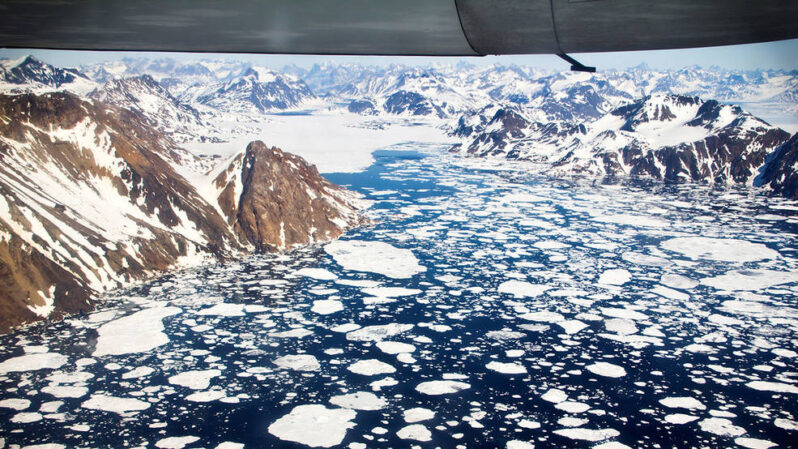
Alarmingly, though, the summer solstice this year saw one rather unexpected region hit an all-time high: Verkhoyansk, Russia—north of the Arctic Circle—recorded a temperature of 100.4°F, the hottest it’s been there since 1885.
Historic Michigan tribal burial ground threatened by coastal erosion

In June of 1662, hundreds of Native Americans from the Iroquois nation were killed on the shore of Lake Superior by local Chippewa defending their land. Now, 357 years later, the burial site of local natives killed in that battle is being threatened by an eroding shoreline fueled by the rising water levels of Lake Superior.
Research in land plants shows nanoplastics accumulating in tissues
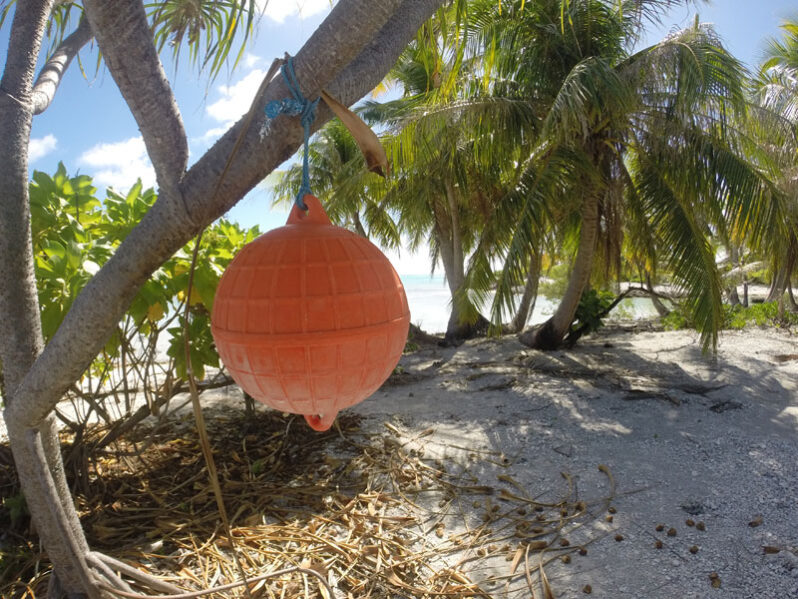
The latest findings provide direct evidence that nanoplastics can accumulate in plants. Plant accumulation of nanoplastics can have both direct ecological effects and implications for agricultural sustainability and food safety.
Overconsumption and growth economy key drivers of environmental crises
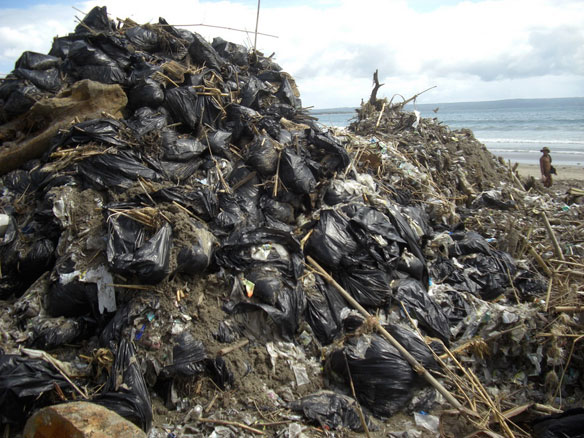
Researchers, led by a UNSW sustainability scientist, have reviewed existing academic discussions on the link between wealth, economy and associated impacts, reaching a clear conclusion: technology will only get us so far when working towards sustainability—we need far-reaching lifestyle changes and different economic paradigms.
Smooth handfish extinction marks a sad milestone

For the first time the IUCN Red List has officially declared a marine fish alive in modern times to be extinct.
How global regulators are selling out the world’s largest tuna
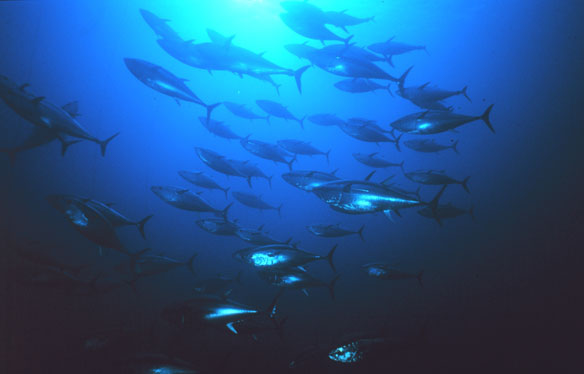
Detachment from life at sea is ingrained and widespread. To consent to the treatment of fish as nothing more than commodities is a stark example of speciesism, which assumes that humans — and especially the most privileged among us — are the center of the universe.
‘Sea Nomads’ Are First Known Humans Genetically Adapted to Diving
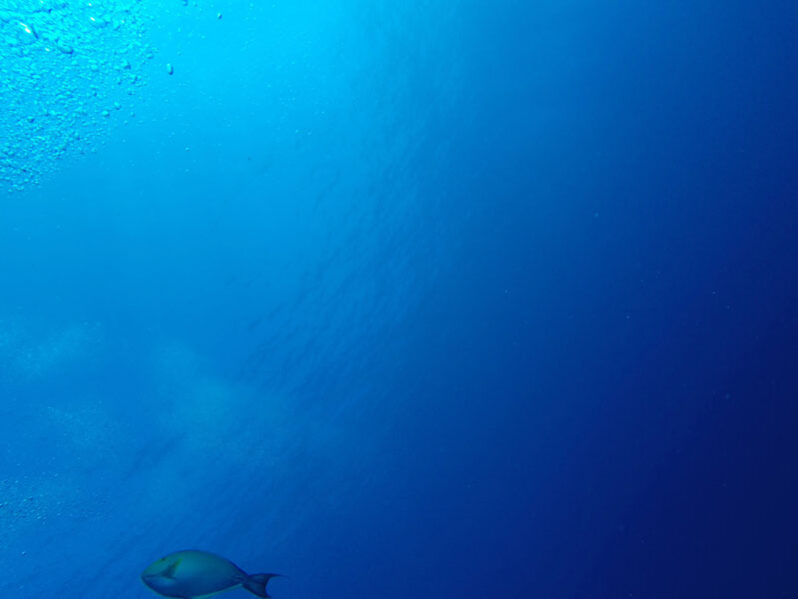
The Bajau people of Southeast Asia are among the most accomplished divers in the world. A study in the journal Cell offers the first clues that a DNA mutation for larger spleens gives the Bajau a genetic advantage for life in the deep.
